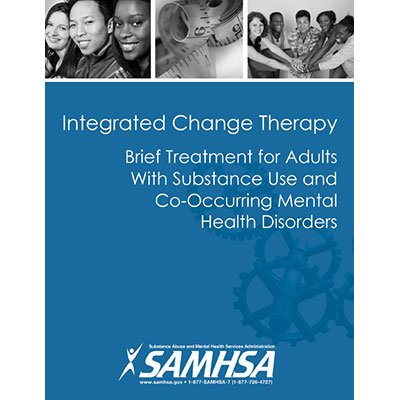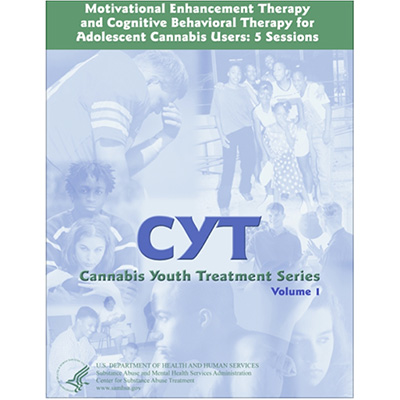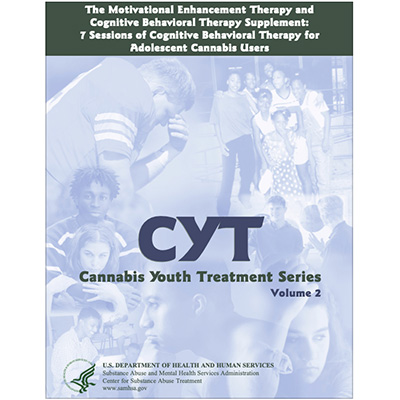Some individuals may need more support to change their alcohol or drug use, especially if the use has been chronic. Developing awareness of internal and external triggers is necessary to sustain behavior change. Chronic alcohol and drug abuse effects almost all life domains and, as a result, social and emotional coping skills may be limited. Brief treatment with a caring and competent clinician may be necessary to rebuild skills and to develop a support network. Embedding a behavioral health clinician ensures a seamless handoff from the medical provider to the behavioral health provider. If an outside referral is appropriate, facilitating this referral by giving the individual an appointment prior to leaving a medical appointment increases compliance with follow-up.
Brief Treatment
The Brief Treatment clinical approach we recommend for adults is the Integrated Change Therapy (ICT) for Substance Abuse and Co-Occurring Disorders. The Brief Treatment clinical approach we recommend for youth and young adults is the Cannabis Youth Treatment Series, Volumes 1 and 2: Motivational Enhancement Therapy/Cognitive Behavior Therapy (MET/CBT). These patient-centered treatments draw essential elements from evidence-based practices including motivational interviewing (MI), motivational enhancement therapy (MET), functional analysis, and cognitive behavior therapy (CBT).
ICT and MET/CBT respond to the needs of the working clinician in today’s changing service delivery environment, with particular attention to behavioral health clinicians practicing in primary care settings. It is intended to be delivered by a behavioral health clinician (social worker, psychologist or mental health counselor) and enables ease of adoption of this new clinical practice without large changes to existing programs and systems.
Referral to Specialty Treatment
Evidence suggests that approximately 3 to 5% of patients screened will require a referral to either brief treatment or specialty care. This may include one or more of the following:
- Outpatient counseling
- Psychiatric treatment
- Intensive Outpatient (IOP)
- Inpatient rehabilitation
- Peer based recovery support services
- Medication Assisted Treatment (MAT)
- Detoxification
Level of care is determined by severity of illness. ASAM Patient Placement Criteria can assist with determining the appropriate level of care. Below is a link to an excellent article on how to use the ASAM criteria.
http://www.counselormagazine.com/2013/Nov-Dec/ASAM_Criteria/
For a comprehensive list of substance use treatment agencies in your area, you can use the treatment locator on SAMHSA’s website:




